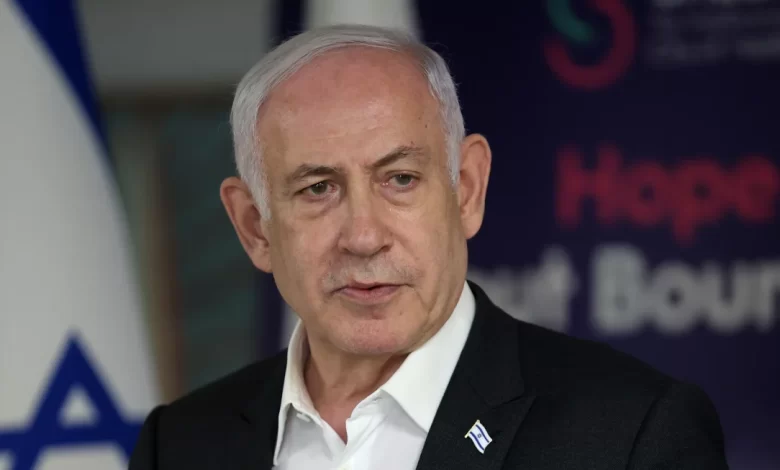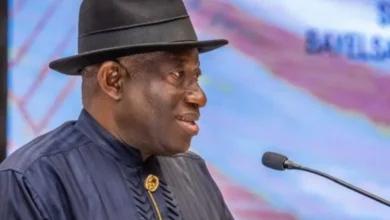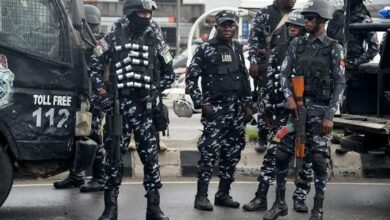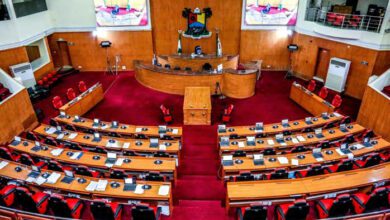

Israeli Prime Minister Benjamin Netanyahu said Sunday that the “intense phase of the war with Hamas (in Gaza) is about to end,” and that the military’s focus could then shift to Israel’s northern border with Lebanon, where fighting with the Iran-backed group Hezbollah has intensified in recent weeks.
Netanyahu, however, vowed that Israel would continue operating in Gaza until the militant group Hamas was eliminated.
“It doesn’t mean that the war is going to end, but the war in its current stage is going to end in Rafah. This is true. We will continue mowing the grass later,” Netanyahu told Channel 14 Television in his first one-on-one interview with local Israeli media since October 7.
More than a million Palestinians were taking shelter in Rafah before Israel started its air and ground operation in the southern Gazan city, defying calls from the international community not to proceed. Around 800,000 people have since been displaced from Rafah, where conditions have been described by the United Nations food agency as “apocalyptic.”
The city’s border crossing with Egypt — a vital entry point for humanitarian aid — has remained closed since the Israeli military seized it early last month.
And international pressure on Israel’s actions in Gaza have mounted since it started its operation in Rafah. Last month, the UN’s top court ordered Israel to immediately halt its controversial military operation there, calling the humanitarian situation “disastrous.”
In his interview, Netanyahu said that he is ready to make “a partial deal” with Hamas to return some hostages still being held captive in Gaza, but he reiterated his position that the war will still continue after a ceasefire “to achieve the goal of eliminating” Hamas.
“I’m not ready to give that up,” Netanyahu said.
The prime minister has faced nationwide protests in Israel calling for a ceasefire in Gaza and the return of all hostages. On Saturday, families of the hostages took part in the ongoing anti-government protests, including in Tel Aviv, Jerusalem, Herzliya, Caesarea, Raanana, Be’er Sheva, Kiryat Gat and the town of Pardes Hanna-Karkur. Many protesters demanded the government accept the hostage release deal.
A US-backed three-phase ceasefire plan proposes “a permanent end to hostilities, in exchange for the release of all other hostages still in Gaza, and a full withdrawal of Israeli forces from Gaza.”
Cracks also appear to be deepening between the Israeli government and its military. Netanyahu has come under increasing pressure from members of his government and Israel’s allies, including the United States, to devise a strategy for the post-war governance of Gaza after Israel’s devastating bombardment of the isolated enclave.
In response to the prime minister’s comments, Hamas said the words used by Netanyahu show that he is only looking for a partial agreement and not an end to the war in Gaza.




